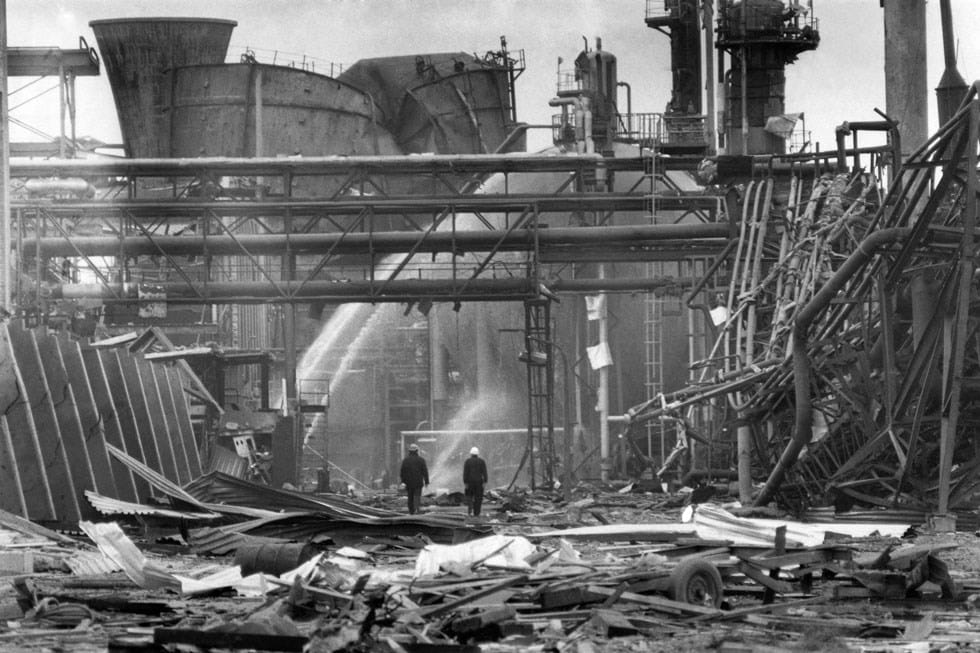The Weekly Reflektion 24/2024
A legacy is the long-lasting impact of particular events, actions, etc. that took place in the past, or of a person’s life.The chemical and process industry has a legacy. This legacy is shaped by disasters and hopefully the long-lasting impact is the collective learning that we can use to prevent further disasters. The next disaster is always right around the corner. We cannot elminate all the risks associated with the chemical and process industry. We can only manage these risks such that the hazards are controlled, and people and the environment are protected. Our task is to push the corner so far away that we never actually reach the turning point.

Do you understand your legacy and what is means?
2024 is the 50th anniversary of the Flixborough disaster. This disaster is part of our legacy and what happened and what we have learned since that fateful day should not be forgotten.
The Flixborough disaster started with a leak of cyclohexane from a poorly designed bypass pipe that resulted in an explosion at the Nypro UK chemical plant close to the village of Flixborough, North Lincolnshire, England, on Saturday, 1 June 1974. 28 people died and 36 were seriously injured. A memorial to those who died, including a sculpture, was erected in front of the new offices erected when the site was rebuilt. The memorial was subsequently moved to outside the parish church in Flixborough. Unfortunately, on New Years Day 1984, the sculpture was stolen and never recovered. A plaque from the memorial listing all the people who died on the day, is still at the memorial site. ‘The people who died’, ‘fatalities’, ‘deaths’, are among the terms we at Reflekt and most others use to describe the human consequences of Major Accidents. Sometimes these terms just do not communicate the depth of the tragedy.
John Barrett, Wayne Bradshaw, Terry Carter, Kenneth Crawford, Michael Clark, Roland Cribb, Thomas Crookes, James Doherty, Stephen Drury, Anthony Freear, Ronald Forester, Stanley Grundy, Mick Hickson, Edwin Holland, Ian Kidner, Allan Lambert, Dennis Lawrence, Thomas Leighton, Geoffrey Marshall, Albert Nutt, John Render, Graham Richards, Rick Simpson, Michael Skelton, Harry Stark, Geoffrey Twiddle, Frederick Watkinson, and Keith Winter.
A list of the 28 people that died that day. 28 people that did not return home from work on 1st June 1974. 28 families that lost their loved ones, 28 sets of friends that no more could enjoy each other’s company. People that had ambitions that would never be fulfilled and troubles that no longer needed to be worried about. A future that was taken from them because the people responsible did not ensure they had a safe workplace to work in.
Next time you are carrying out a risk assessment and trying to place your event in the matrix of probability against number of expected injuries and deaths, remember that you are also tasked with ensuring the event does not take place. When you are studying the fatal accident frequency rate in your industry, remember that these are not just statistics, these are people, and examples of our failure fulfil our responsibility to protect.
We will follow up with more on Flixborough in our Reflektions in 2024.
